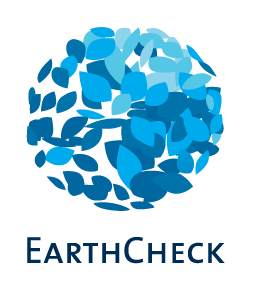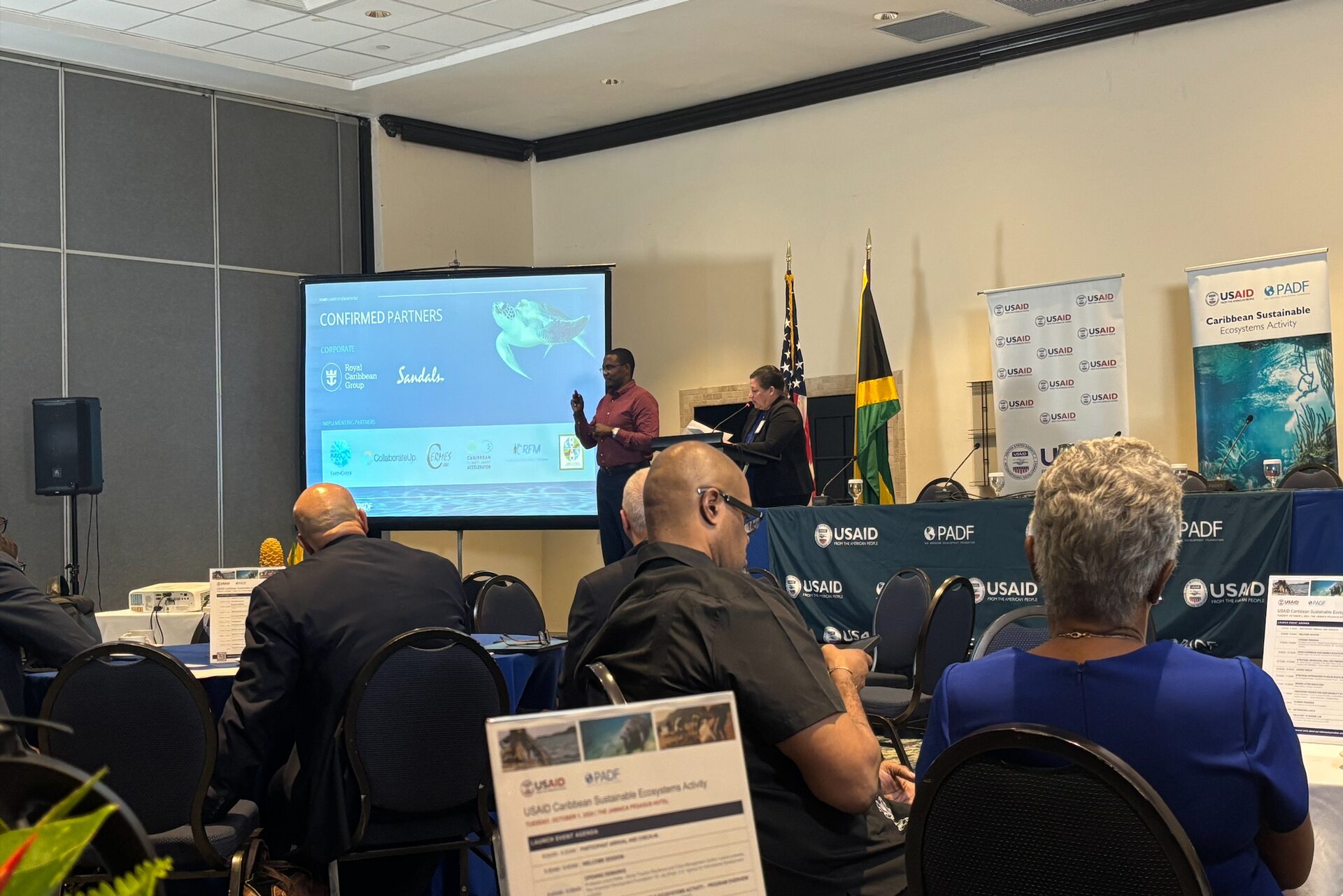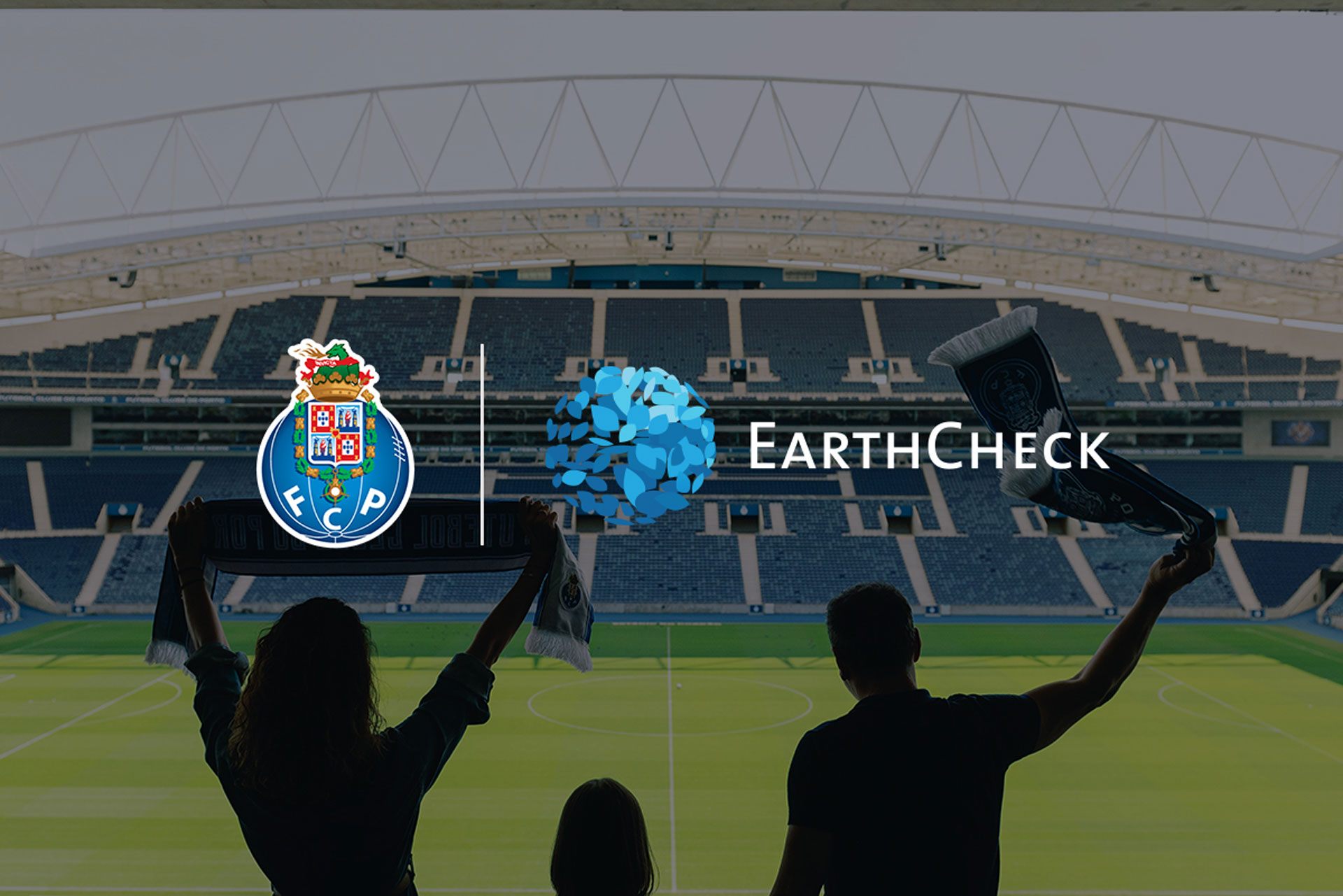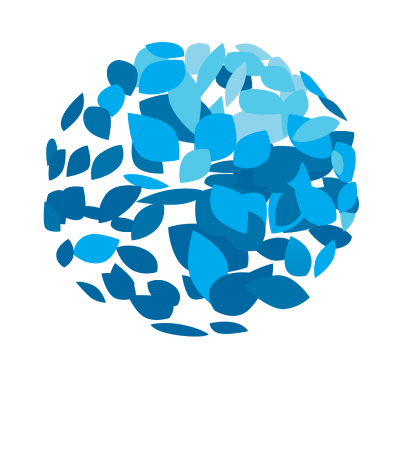Source: Boom Supersonic
Sharing lessons and best practices across the industry is a key step to ensure travel is a net good.
To ensure travel remains a net good, sustainability must be integrated into the entire travel journey. While travel enables improved global collaboration, cultural understanding, and socio-economic benefits, reducing its environmental impact is integral to celebrating its many benefits.
This shared sentiment and responsibility drove conversations and actions at the second annual Net Good Summit. Held in Del Mar, California, in October 2022, the event brought 60 diverse industry leaders, influential thinkers, and sustainability experts together with one common goal—accelerate the path toward net zero travel.
The Summit provided an opportunity for attendees to bridge perspectives across the global travel spectrum and better align efforts around the promising innovations, ideas, and initiatives that will reshape travel.
“Our sustainability mission at Boom is two-fold—introduce environmentally sustainable supersonic flight to make the world more accessible, and advance sustainability across the entire travel journey,” said Ben Murphy, VP, Sustainability at Boom Supersonic. “To maximize the benefits of travel, there must be cross-industry collaboration to ensure socially and environmentally responsible travel.”
Booking your trip
For travel to be a net good, sustainability should be top of mind when choosing a destination for both business and leisure travel. Flight and hotel booking platforms are making it increasingly easier for travelers to understand and select more sustainable options.
“Travel as a net good means driving positive impact and minimizing negative impact throughout the entire traveler journey,” said Jessica Blotter, CEO and Co-Founder of Kind Traveler. Kind Traveler is a socially conscious hotel booking and media platform that empowers travelers to positively impact communities and the environment in the destinations they visit. The platform’s “Give & Get” model allows travelers to unlock exclusive hotel rates and perks upon a minimum $10 donation to a local, vetted charity in the destination they’re visiting.
Leisure travelers and corporate travel managers can use booking platforms, like Kind Traveler, to measure and compare potential travel emissions, and to give back to local communities.
Considering the length and purpose of a trip is another way to integrate sustainability when travel planning. Combining personal and business travel was a common theme heard throughout the Net Good Summit, both for consumers and for business travelers. Combining a personal vacation with corporate travel amounts to fewer, yet longer trips reducing the environmental impact of travel while still supporting local economies.
The need for benchmarking and certification was another key theme discussed during the 2022 Net Good Summit.
“Traveling for good can be a truly transformative experience. Most of us can describe in great detail the exact moment a particular travel experience changed our perspective on life forever,” said André Russ, Vice President of Business Development & Sales, EarthCheck. “But being a traveler comes with responsibilities. It requires us to ask questions and make choices. Who will you spend your money with? How small do you want your trip’s footprint to be? How can you give back to the communities that are important to you? The choices we make are important. 2023 will see a 30% increase in international travel, and it is our collective choices that directly impact the places we visit. It is up to us travellers whether we want that impact to be positive or negative. In the first instance, we recommend seeking out products and services that are credibly certified – who are actively managing their footprint to support their visitors in making better choices.”
EarthCheck is a scientific benchmarking, certification and advisory group for sustainable travel and tourism. The organization helps businesses and destinations become more sustainable through certification, consulting, training, and software solutions. Travelers and corporate travel managers can look to ensure organizations across their travel journey have an EarthCheck certification badge, which means they are measuring their impact scientifically and making business decisions that save resources and the planet.
“Certification is critically important because it’s providing this third party guidance and validation that you’re executing meaningful sustainability practices,” said Anna Brittain, Executive Director of Napa Green, the leading sustainable wine growing program providing comprehensive, systematic soil-to-bottle certification for Napa County growers and vintners.
Travelers can refine booking options by looking for travel experiences and hotels that are certified or set industry standards. Along with checking for sustainability certifications, you can also look to see if organizations have aggressive climate targets and commitments, such as members of Amazon’s Climate Pledge who commit to net zero carbon by 2040–and ideally, those commitments are aligned to science-based targets.
Getting to the airport
Electric cars are rapidly replacing fossil fuel burning cars, enabling more sustainable road trips or short trips to the airport. Vehicle ranges have increased considerably over the past few years, and charging networks like Volta make it easy to charge up on your trip.
Taking public transportation to get to the airport and around a destination is another way to reduce your carbon footprint. Companies can encourage employees to take public transportation or carpool through employee incentive programs.
As frequently discussed during this year’s Net Good Summit, Electric Vertical Takeoff and Landing (eVTOL) vehicles could soon function like flying taxis, taking passengers from, for example, Manhattan, NY to Newark International Airport in 10 minutes instead of an hour. eVTOL’s like those developed by Archer Aviation will emit zero emissions during their operations.
Increased electrification must be matched with equal effort in granting and ensuring accessibility — another common theme discussed at the Summit Volta Charging, for example, was founded on the belief of “EV charging for the many, not the few.” Creating a network of electrical vehicle charging stations that are easily accessible to all communities and populations can help encourage more people to go electric, reducing their carbon footprint in day to day life.
Flying with SAF
Sustainable aviation fuels are integral to decarbonizing air travel. While a range of SAF technologies and sources have emerged in recent years, the need for accelerated development and deployment is clear. From airports to airlines, we all have a role to play in scaling sustainable aviation fuel.
Companies like AIR COMPANY are playing a large role in shaping the future of SAF.
“Aviation currently makes up somewhere between 2-3% of global annual CO2 emissions,” said Greg Constantine, CEO of AIR COMPANY, which creates carbon-negative products from CO2, including sustainable aviation fuel. “When you’re able to create a fuel that’s made in a sustainable way and that’s actually carbon negative in its production and net neutral post burn, that means that you have the potential to mitigate billions of tons of CO2 on an annual basis.”
In September, Boom announced that AIR COMPANY would provide up to five million gallons of AIRMADE™ SAF on an annual basis over the duration of the Overture flight test program, underpinning Boom’s net zero commitment while supporting new players in the SAF industry.
A rapid scaling of SAF production to fully satisfy demand is possible in the 2035-2040 timeframe. by aligning public and private initiatives. To understand how this growth can be achieved, Boom’s Ben Murphy, VP of Sustainability, and Dr. Akshay Ashok, Sustainability and Regulatory Specialist, studied patterns across other renewable energy industries.
They identified key drivers that contributed to the success of exponential growth, and applied these proven trajectories to the SAF industry. Their findings, published in the white paper “Scaling Sustainable Aviation Fuel Production,” show how the same key drivers can be applied to the SAF industry to enable its exponential growth.
But how can consumers help scale SAF?
Higher demand for SAF results in more investment in increasing SAF production. Consumers can help accelerate the adoption of SAF by proving demand and willingness to pay for SAF. This can be done through marketplace mechanisms like book-and-claim systems, which allow consumers to offset their carbon footprint from air travel by purchasing SAF credits. These credits help cover SAF’s price premium, and function similar to energy attribute certificates (EACs) seen in the electricity market.EACs improved the economics for renewable electricity developers when wind and solar were more costly than fossil sources.
Corporate travelers can push travel decision makers within their organizations to mitigate their air travel emissions through SAF certificates. Consumers can purchase via book-and-claim platforms as they come online (like those developed by the Roundtable on Sustainable Biomaterials, or jointly by American Express Global Business Travel, Shell, and Accenture).
Leaders in organizations have a role to play in increasing SAF’s adoption by mandating more sustainable travel planning within corporate culture. According to a recent Global Business Travel Association report, senior executives drive sustainability: “More than half of respondents pick senior executives/C-suite (57%) as one of the top three key stakeholders who drive sustainability/carbon reduction at their company. C-suite support might give companies buy-in to pursue measures such as carbon offsets even if they impact the bottom line.”
Positively impacting your destination
“When you actually see things in person, you are going to think about the world very differently,” said Trevor Frost, Eddie Bauer Exploration Guide, nature photographer and documentary filmmaker.
For travel to be a net good, the sustainability journey doesn’t stop once you check into your hotel.
“Travel as a net good means that that there is intentional inclusion throughout every segment of the industry to ensure access to equitable opportunities for both small and large stakeholders to actively participate and profit in the industry,” said Stephanie Jones, Founder and CEO of the Cultural Heritage Economic Alliance, as well as the founder for the National Blacks and Travel and Tourism Collaborative. “It means providing access to opportunities that will drive sustainable economic growth not only to corporations, but to local communities and small BIPOC businesses that are typically underrepresented and underserved in travel and tourism.”
Sustainable Travel Forum founding member and VisitBritain Chief Marketing Officer of the Americas, Sheelagh Wylie and President of North America for South African Tourism Jerry Mpufane both have unique perspectives on how to think about a destination once you’re there.
Wylie wants travelers to England to think about visiting by foot, rail, ferry and bike — and staying longer. She also wants travelers to consider venturing out beyond London to destinations that are not as overcrowded.
For Mpufane, South Africa Tourism is about more than beautiful spaces, but about how those backdrops impact the country’s greatest resource — its people.
***
In the end, for travel to be sustainable across the journey, corporations, governments, and individuals all need to collectively come together — the Net Good Summit is a microcosm for this level of industry collaboration. Each sector has its own challenges and opportunities, but the lessons learned from each can be applied to others to ensure travel remains a net good.
Learn more about what it means for travel to be a net good here.
